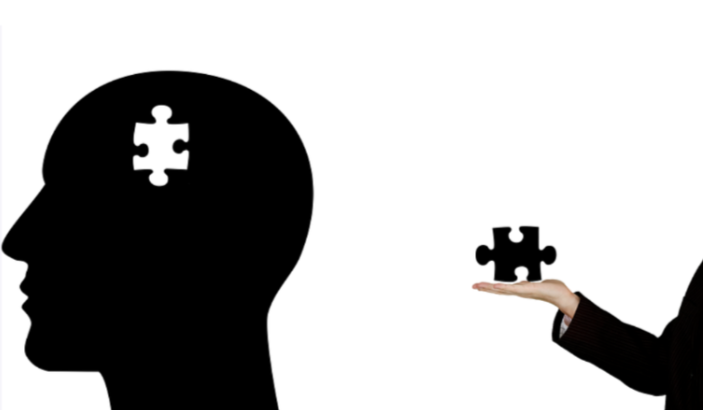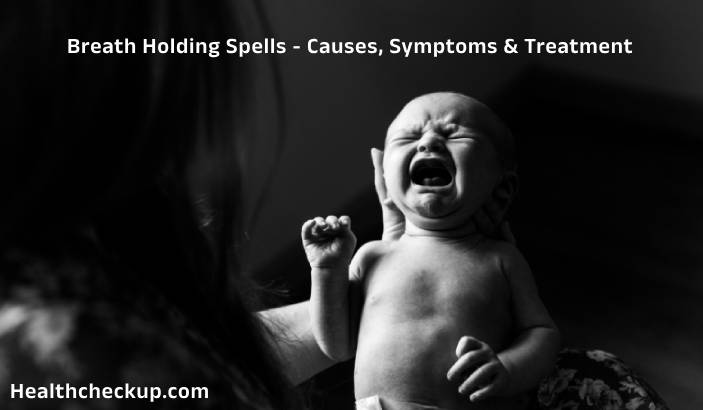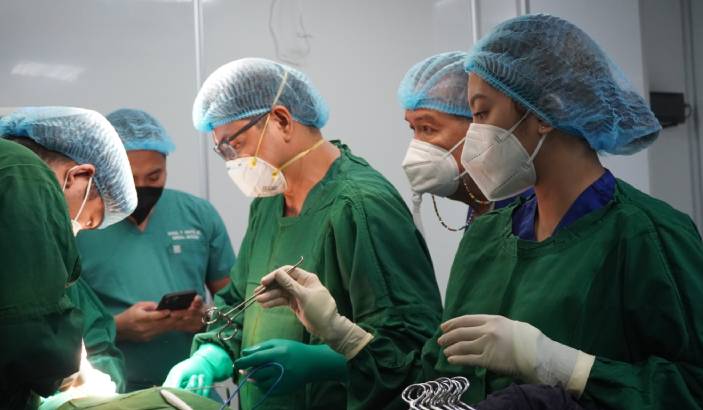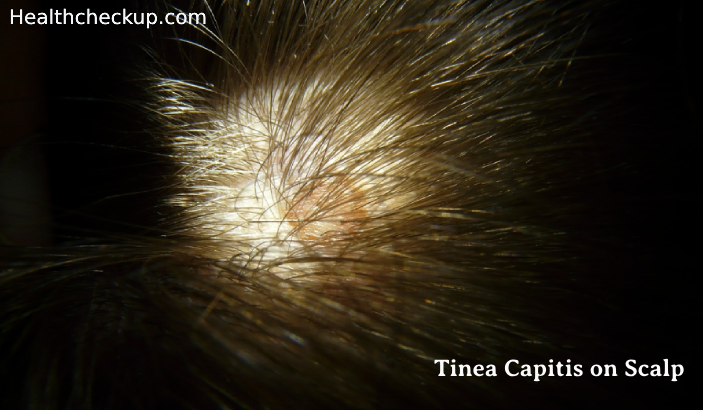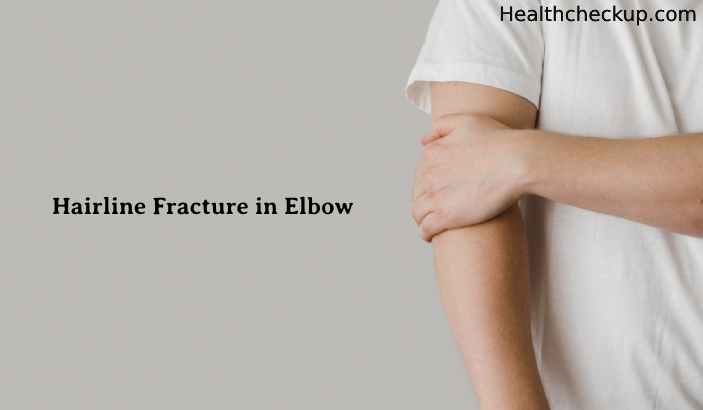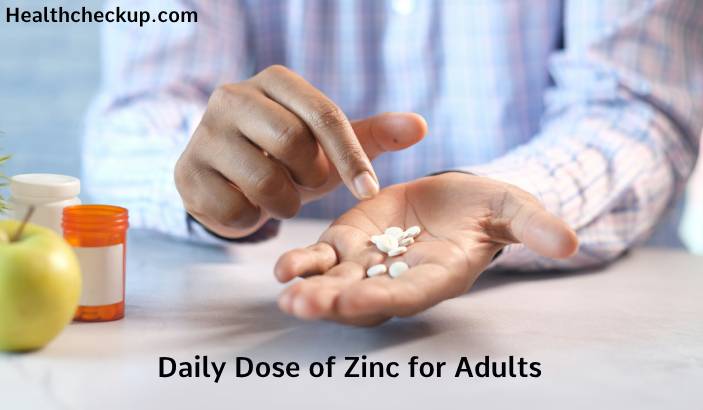Obsessive-compulsive disorder (OCD) is a common and debilitating mental health condition characterized by persistent, unwanted thoughts, images, or impulses (obsessions) and repetitive behaviors or mental acts (compulsions) that a person feels driven to perform. These symptoms can cause significant distress, take up a lot of time (more than an hour a day), or interfere with daily life. The good news is that there are a variety of OCD treatment options available, each with their own set of benefits and some with drawbacks.
Today, we will explore the most effective treatment options for OCD, including medication, psychotherapy, Deep TMS™, surgical options, and alternative therapies. We’ll discuss the pros and cons of each option, as well as tips on how to choose the right treatment for you. With the right treatment plan, it is possible to manage and reduce the symptoms of OCD and improve overall quality of life.
Medication: SSRIs, SNRIs, and Anti-Anxiety Medication
One of the most common and effective treatment options for OCD is medication, particularly selective serotonin reuptake inhibitors (SSRIs) and serotonin noradrenaline reuptake inhibitors (SNRIs). These medications work by increasing the levels of certain neurotransmitters, such as serotonin and norepinephrine, in the brain, which can help to reduce the symptoms of OCD.
Anti-anxiety medication, like benzodiazepines, can also be effective in treating the anxiety symptoms of OCD, but they are usually used short-term. Medications are generally considered to be effective treatment options, but they can have side effects such as weight gain, sexual dysfunction, and emotional numbing, which need to be carefully considered before starting the treatment.
Psychotherapy: Cognitive Behavioral Therapy
Psychotherapy, specifically cognitive behavioral therapy (CBT), is another effective treatment option for OCD. CBT is a type of talk therapy that focuses on identifying and changing negative patterns of thought and behavior.
The therapy aims to help individuals with OCD to recognize and challenge their obsessive thoughts, as well as develop coping strategies for dealing with their compulsive behaviors. CBT has been found to be as effective as medication in treating OCD and has the added benefit of helping to improve overall psychological well-being. One downside is that it might be more time-consuming than medication.
Deep TMS: FDA-Cleared NonInvasive Treatment
Deep Transcranial Magnetic Stimulation (Deep TMS) is a non-invasive treatment that uses magnetic fields to stimulate nerve cells in the brain. It has been FDA-cleared as a treatment for OCD. Deep TMS is particularly effective for individuals who have not responded to traditional treatment methods, or who cannot tolerate the side effects of medications. It is clinically-backed for its safety and efficacy, well-tolerated, and has fewer side effects compared to medications. It is usually given 5 times a week for 4-6 weeks, for around 20 minutes per session.
Surgical Options
Surgical options, such as deep brain stimulation (DBS), may be considered for individuals with severe and treatment-resistant OCD. DBS is a neurosurgical procedure that involves the implantation of electrodes in specific areas of the brain, which can then be used to stimulate certain brain regions to reduce symptoms. It is considered to be a last resort treatment option, as it is invasive and carries certain risks.
Alternative Treatments: Hypnosis, Herbal Remedies, Acupuncture
Alternative treatments, such as hypnosis, herbal remedies, and acupuncture, have been studied for their effectiveness in treating OCD. While some preliminary research suggests that these alternative therapies may have some benefit, more research is needed to establish their effectiveness. Additionally, there is a lack of standardization in alternative treatment protocols, so it is important to consult with a qualified practitioner to ensure the safety and efficacy of the treatment.
Summary: Explore the Best Options for Treating your OCD
There are many ways to treat OCD, notably medication, therapy, Deep TMS, surgical options, and alternative treatments. Each option has its own set of benefits and drawbacks and it is important to consult with a qualified mental health professional to determine the best course of treatment for each individual.
Medications, specifically SSRIs and SNRIs, are considered to be effective in reducing symptoms, but they can also have side effects. Psychotherapy, specifically cognitive-behavioral therapy (CBT), is also effective and focuses on changing negative patterns of thought and behavior.
Deep TMS, FDA-cleared and noninvasive, is a good option for those who have not responded well to traditional treatments or cannot tolerate the side effects of medication. Surgical options, such as deep brain stimulation (DBS), may be considered for individuals with severe and treatment-resistant OCD, but it is considered a last resort treatment option.
Alternative treatments, such as hypnosis, herbal remedies, and acupuncture, are still being studied for their effectiveness in treating OCD, but it’s important to consult with a qualified practitioner. In general, it is important to approach treatment for OCD with a multifaceted approach, combining different treatment options as needed to achieve the best outcome.


